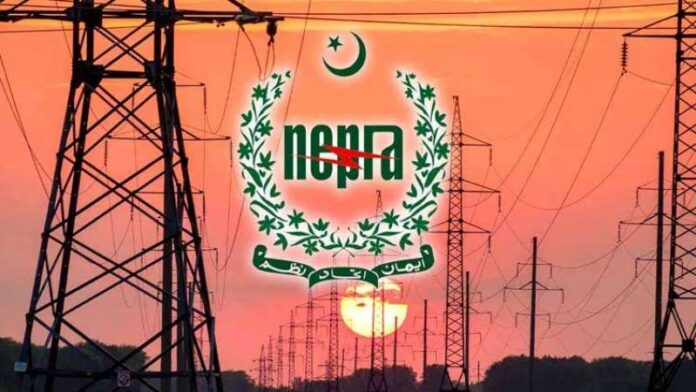ISLAMABAD: The National Electric Power Regulatory Authority (NEPRA) on Tuesday concluded its public hearing regarding K-Electric’s (KE) request to write off Rs 68 billion in unrecoverable dues accumulated over seven years, from FY17 to FY23.
The claims, presented as critical for KE’s financial sustainability, sparked sharp criticism from Karachi’s consumers, who expressed concerns about the potential burden on electricity bills.
K-Electric explained that the write-off claims pertain to chronic defaulters and are in line with the Multi-Year Tariff framework awarded to the utility.
A spokesperson for the company emphasized that these claims are independent of the uniform tariff policy governing electricity rates charged to consumers. “Unlike distribution companies (DISCOs), KE, as a private utility, contributes nothing to the national circular debt, a fact recognized by the World Bank and other global institutions,” the spokesperson stated. “Disallowing legitimate claims would directly impact KE’s cash flow and hinder plans for infrastructural upgrades to enhance power supply in Karachi.”
However, consumers attending the hearing strongly opposed the claims, arguing that imposing additional financial burdens on Karachi’s electricity users under the guise of write-off claims would be unfair and could exacerbate electricity theft.
Many attendees highlighted the adverse economic conditions faced by Karachi’s residents and businesses. “Electricity costs are already unsustainable, leading to the shutdown of hundreds of factories, with more closures looming,” a consumer stated. Another raised concerns over the circular debt surcharge already imposed on Karachi’s residents, deeming any additional charges unacceptable.
Further, consumers warned that shifting KE’s financial issues to consumers could trigger social unrest. “The imposition of more surcharges will only aggravate tensions in an already strained environment,” a participant noted. Questions were also raised about the privatization of KE in 2005, with consumers arguing that the goals of privatization have yet to be realized. Critics pointed to KE’s reliance on tariff differential subsidies and the unresolved claims as evidence of inefficiency.
Energy expert Rehan Jawed added his voice to the opposition, categorically rejecting any attempt to recover write-off claims through additional surcharges on electricity bills. “It is the government’s responsibility to address KE’s financial issues without burdening Karachi’s consumers further. Treating electricity theft as a crime and implementing measures to recover dues from defaulters should be the focus instead of penalizing paying customers,” Jawed said.
He warned that imposing such surcharges would be tantamount to collective punishment for Karachi’s residents, who are already under immense financial strain. “This would be a classic case of robbing Peter to pay Paul,” he stated. Jawed also cautioned that such a move could lead to serious law-and-order issues.
In his post-hearing remarks, Rehan Jawed reiterated that all trade bodies, chambers, and associations in Karachi are united in their stance against additional surcharges. He indicated that if NEPRA or the government imposes the write-off costs on consumers, peaceful protests and legal action would follow.
K-Electric, established in 1913 as Karachi Electric Supply Corporation (KESC) and privatized in 2005, is Pakistan’s only vertically integrated power utility, serving Karachi and its adjoining areas. The company is majority-owned by KES Power, a consortium of international investors, while the Government of Pakistan retains a 24.36% share.
NEPRA will undertake a thorough review of the data submitted by KE before making its decision on the Rs 68 billion write-off claims. The outcome is expected to have far-reaching implications for Karachi’s electricity consumers and KE’s operational sustainability.




